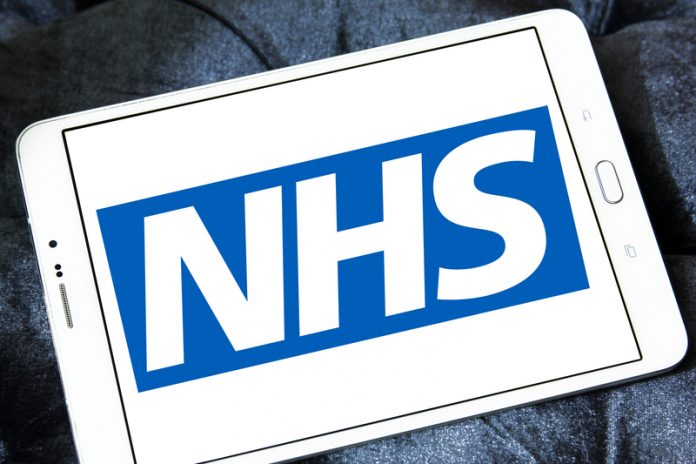Vivek Patni explains why technology has a key role to play as the NHS creaks under the weight of public demand
The National Health Service has long been a jewel in the crown of the UK’s public sector. However, even for the casual observer it’s been nigh on impossible to overlook the decline of this once great institution.
With budgets tightening at a time when the population is ageing, and skilled workers are leaving the medical arena, the NHS is now struggling to meet public demand for healthcare. In fact, a new study of international health spending by the think tank Kings Fund has revealed that the NHS has among the lowest per capita number of doctors, nurses and hospital beds in the western world.
Clearly, the UK must adapt to this new reality. The public – along with professionals in the health, care and wellbeing sectors – must address the challenge of managing an individual’s physical and mental condition outside of NHS hospitals.
Embracing new technologies
It seems clear that as the NHS faces a resource shortage, new tools and methods must be embraced to ensure people can still access vital healthcare services. To this end, there is no question that health technology – or HealthTech – is going to have a significant role to play.
Positively, recent research by WeMa Life uncovered that new technologies are already starting to have an impact on consumers’ day-to-day lives. The survey of more than 2,000 UK adults revealed that 28% of people are using health apps on a weekly basis, with a further 25% using wearable tech to monitor or improve their own health.
However, while the adoption of HealthTech for tracking work-out sessions, recording one’s dietary intake or even measuring the quality of your night’s sleep is certainly a positive step, the reality is that the digital health market can have more far-reaching benefits. More specifically, the next wave of HealthTech innovations can alleviate the strain currently being placed on the NHS.
For example, online platforms such as WeMa Life are introducing new ways for people to connect with health and care providers. It does so by allowing patients – or their loved ones – to easily find, book and pay for the vital domiciliary care services they require on a regular basis. Whether it’s an individual with a long-term health condition or someone who has just come out of hospital, finding ways to better connect people with service providers is of paramount importance if we are to look beyond the NHS as the nation’s de facto source of healthcare support.
Prioritising preventative care
Prevention is better than cure, or so the saying goes. Indeed, it is typically less damaging and more cost effective if a patient’s medical conditions are either avoided or addressed early on, rather than issues escalating to the extent that acute care is required. Again, in this challenge, technologies have their part to play.
Not only can the aforementioned consumer-facing HealthTech solutions such as apps and wearable tech help improve the insight people have into their own health, online marketplaces can also provide much-needed access to expert health, care and wellbeing services. From yoga instructors and nutritionists through to physiotherapists and domestic carers, it is vital that the UK creates transparent, easy-to-use systems to connect care within communities, in turn empowering individuals to lead healthier lives and tackle problems long before they have to call upon the NHS for treatment.
We live in a digital age, and the time has come for both service providers and the wider public to embrace technological advances to improve their health. In doing so, it is possible that demand on the NHS can be lessened and, what’s more, we can create an ecosystem in which it is quick and simple to unite care providers with those requiring their services.
Vivek Patni
COO and co-founder











